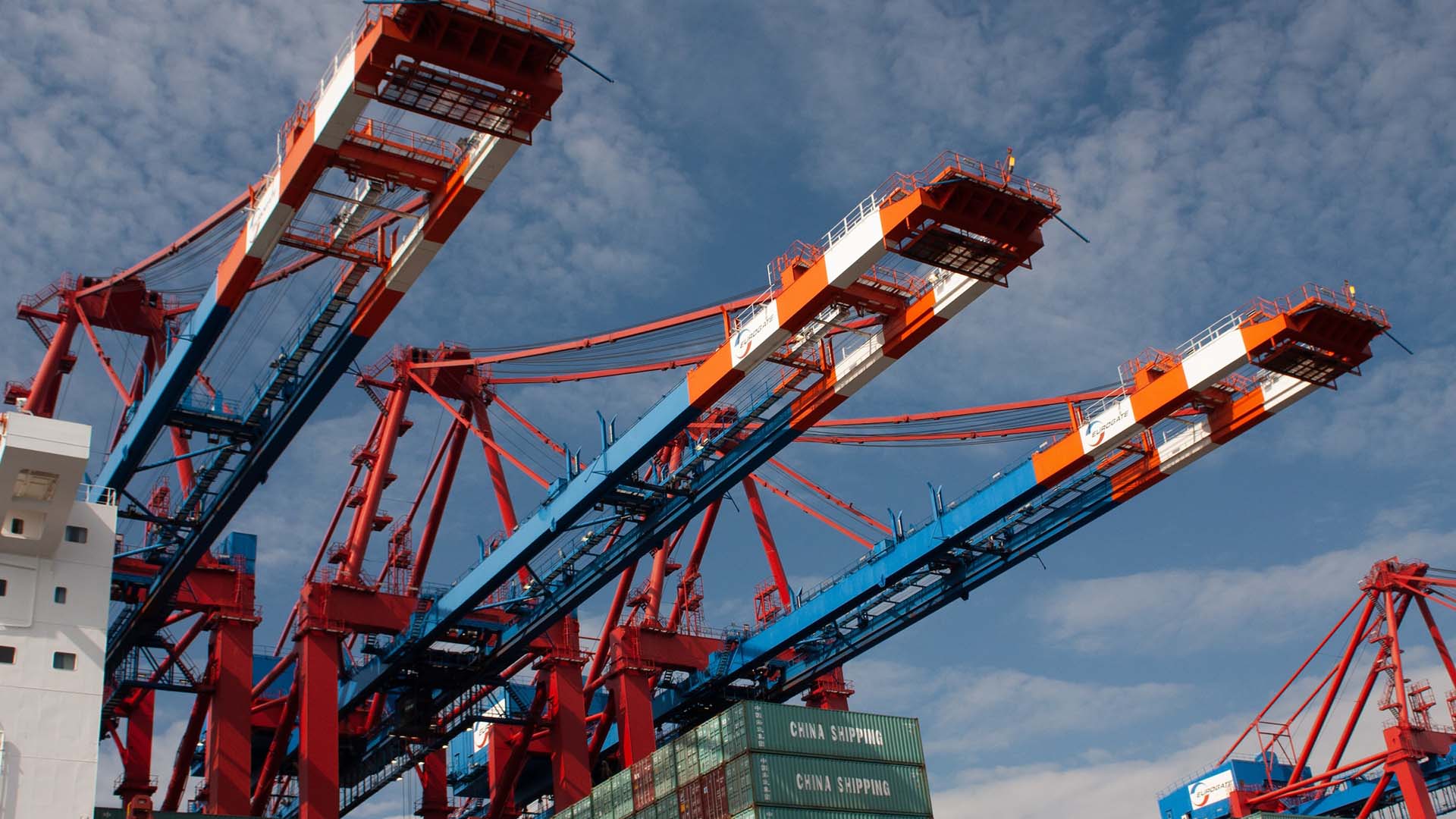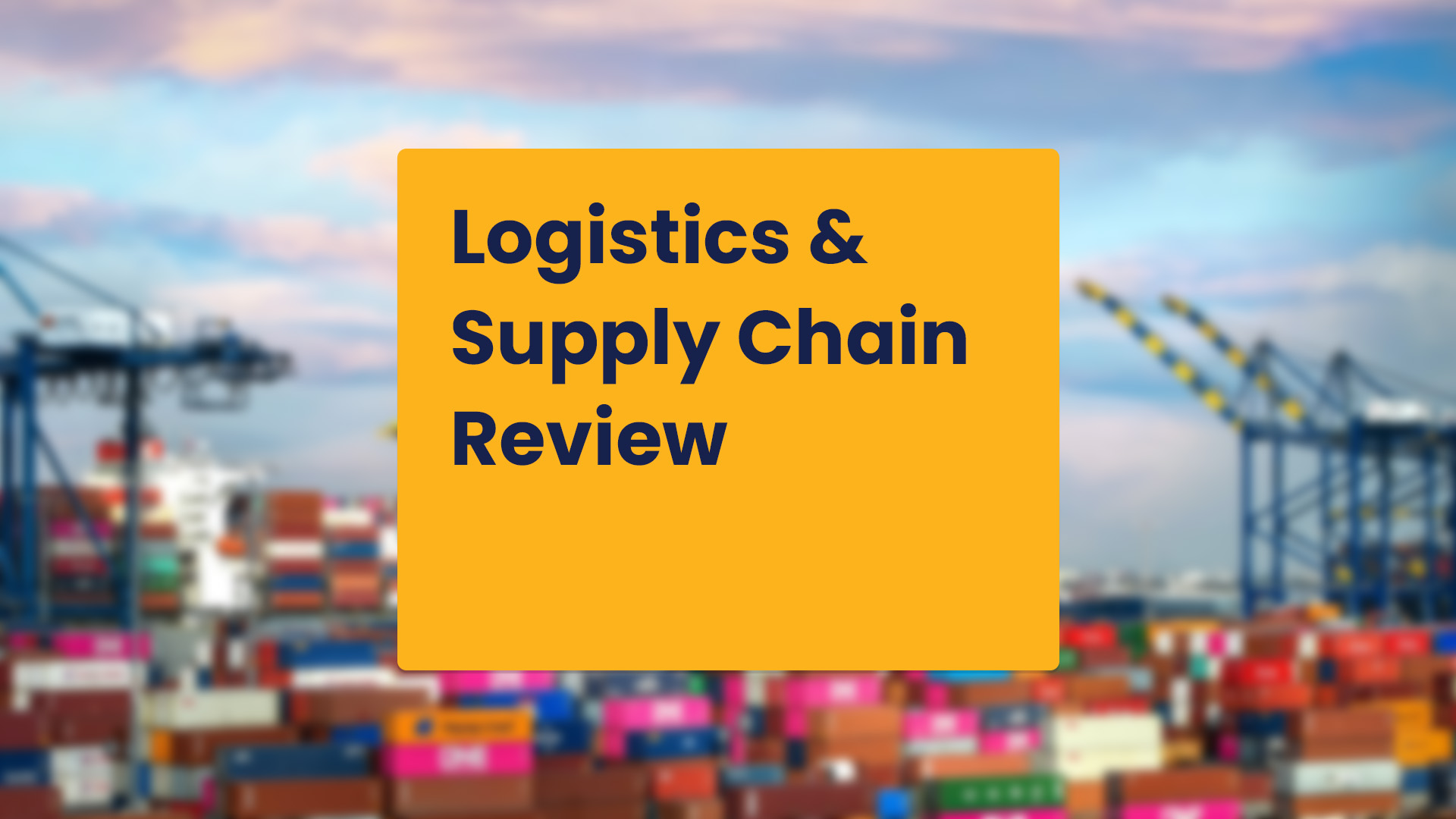Gartner Survey Reveals Logistics Leaders are Increasingly Embracing Strategic Goals as 90% Now Report to C-Suite
A recent Gartner survey highlights a significant shift in the role of logistics leaders within organizations, emphasizing their growing strategic importance and direct engagement with executive leadership.
Key Findings:
-
Strategic Integration: 92% of logistics leaders perceive their function as a strategic partner and value driver, contributing directly to overall company objectives.
-
Expanded Responsibilities: Logistics functions are broadening their scope, with nearly 40% of high-performing organizations expecting to oversee customer collaboration and fulfillment, over 30% integrating distribution-network design, and almost 30% taking on global trade management responsibilities.
-
C-Suite Access: More than 90% of logistics leaders report directly to a C-suite executive, enhancing their influence on strategic decisions and investments in technology and talent.
-
Future Priorities: High-performing logistics leaders are focusing on improving customer experience through diversified service offerings, increasing digitalization and automation, and investing in talent development to drive future growth.
These insights underscore the evolving role of logistics in shaping organizational strategy and resilience in a dynamic global landscape.
Europe’s Semiconductor Strategy: Navigating Geopolitics, Building Resilience
Europe's semiconductor strategy, as discussed at the SEMI Industry Strategy Symposium (ISS Europe) in Sopot, Poland, emphasizes the need to bolster its semiconductor industry amidst global geopolitical shifts. Key points from the panel include:
-
Strategic Positioning: Europe holds strengths in areas like intellectual property, lithography, and research and development. However, it faces challenges in foundry capabilities and backend manufacturing.
-
Corporate Adaptation: Companies like Intel are adjusting their strategies to address geopolitical risks, emphasizing the importance of consistent policies and strong government-industry collaboration.
-
China's Dual Role: China is recognized both as a significant market and a strategic competitor, necessitating a balanced approach that includes supply chain diversification and intellectual property protection.
-
Talent Shortage: A lack of skilled STEM graduates poses a threat to Europe's semiconductor ambitions, highlighting the need for policy reforms in education and migration to build a competent workforce.
-
Regional Contributions: Central and Eastern European regions, particularly Poland, are emerging as vital players in Europe's semiconductor landscape, attracting foreign investments and enhancing the continent's manufacturing capabilities.
The overarching message is clear: Europe must proactively adapt to the evolving geopolitical landscape to ensure resilience and competitiveness in the semiconductor sector.

China warns of legal consequences to those involved in US chip measures
China has issued a warning that it may pursue legal action against individuals or organizations that assist or enforce recent U.S. measures advising companies against using advanced Chinese semiconductors. This comes after the U.S. released guidance indicating that companies could violate export controls by utilizing Ascend AI chips produced by Shenzhen-based Huawei. In response, China's Ministry of Commerce criticized these actions as discriminatory and restrictive against Chinese firms, asserting that those who enforce such measures could face "corresponding legal liabilities." The Ministry further urged the U.S. to adhere to international economic and trade regulations and to respect other nations' rights to advance in science and technology. This development adds to the ongoing tensions between the two countries over technology and trade policies.
Get more articles like this in your inbox
Sign up for our monthly newsletter
Find more articles



